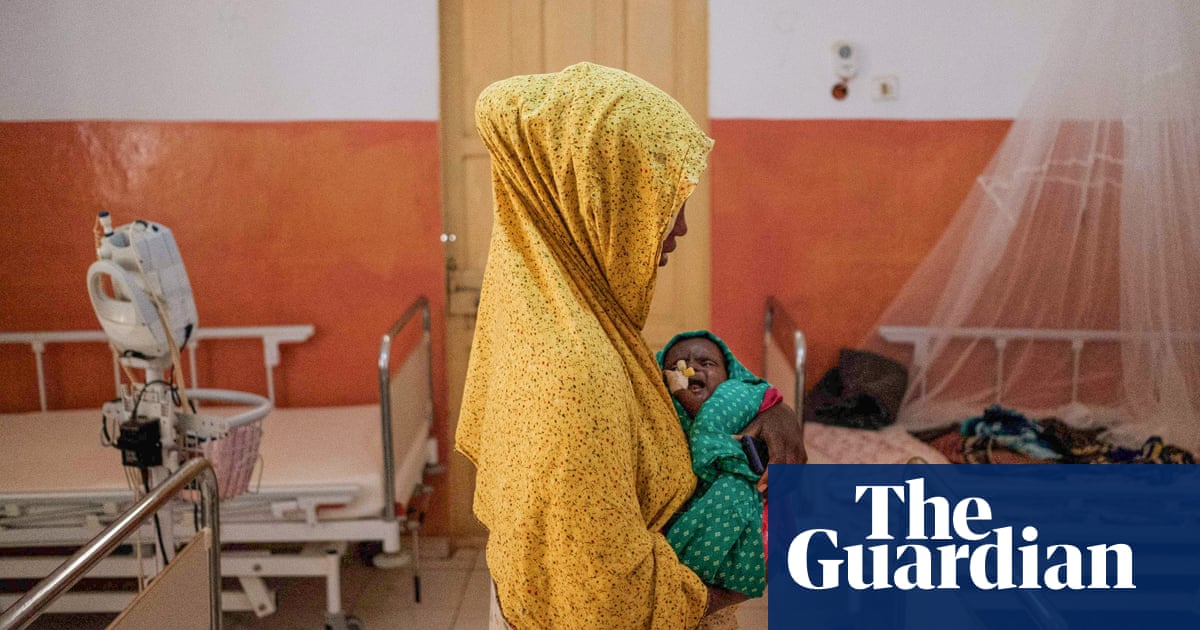
The British government’s decision to slash at least 50% in overseas aid within the next few weeks has been called a “gut punch” to the world’s poorest.
Reacting to the news that diplomats had been ordered to cut billions in aid over the next six weeks, experts warned that many lives would be lost and the UK stood to lose its reputation as a global “force for good”.
“If these cuts are rushed through, inevitably poor decisions will result,” said Labour’s Sarah Champion, chair of the international development committee, which on Tuesday heard from Foreign, Commonwealth and Development Office (FCDO) minister Dominic Raab.
“The foreign secretary appeared before my committee this afternoon, and we heard how funding was being prioritised around the FCDO’s seven global challenges, but little was forthcoming on detail.”
Ian Mitchell of the Center for Global Development warned that the speed of cuts, as aid is reduced from 0.7% to 0.5% of Britain’s gross national income, would create “major value-for-money risks”.
“To grow the budget to 0.7% from 0.5% took four years, but the equivalent cut is being undertaken in a matter of weeks,” said Mitchell.
“Bilateral aid programmes aren’t protected and some of them are with the world’s poorest countries, on issues such as basic health, so they’re relevant in fighting the Covid pandemic. This will be a major challenge for the UK’s poorest partners as they respond to the pandemic.
“The second issue is that many programmes are multiyear, so ministers will likely be cutting short projects that will no longer see their intended outcomes: in infrastructure programmes, for example, that would mean projects don’t end up being built. We can expect ministers to be pushed into decisions that won’t protect the best programmes and will undermine value for money.”
Sierra Leonean activist Chernor Bah, co-founder of feminist hub Purposeful, said cuts were a “gut punch that will crumble life-saving work”.
“This is devastating news that will, as usual, hit the most marginalised in Sierra Leone and across the world,” said Bah.
“These cuts will have very real impacts on the lives and livelihoods of real girls and women: for our programmes in particular, they mean less access to social capital critical to girls’ survival, less access to education and livelihood opportunities, and less access to alternative life skills provision. It’s simply giving up on these girls and women and stating that their lives matter less, as they’re the first to be expended.”
Oxfam’s head of policy Sam Nadel urged the government to reconsider.
“Cutting aid in the middle of a pandemic when hundreds of millions are at risk of falling into poverty is a dereliction of Britain’s duty to the world’s poorest people and will cost lives,” he said.
“If the government needs to raise money to balance the books it should ask those who have profited from the pandemic to pay more rather than cutting a vital lifeline that provides clean water, food and medicines.”
Simon Starling of Bond, the international development network, said the government should “cut programmes that have been found not to deliver”.
“I would hope the foreign secretary’s intention to be ‘right not quick’ applies as much to cutting UK aid programming in the midst of a pandemic, as to ensuring their plans to miss the UK’s 0.7% commitment are legal,” he added.
And Concern Worldwide’s Danny Harvey said the cuts would reflect badly on the UK.
“As the UK takes on the G7 presidency and hosts Cop26 this year, we want to see the UK leading the call to build back better. But it is hard to see how this is possible should there be such a dramatic reduction in aid spending and the impact this will have for the world’s poorest people.”
Sarah-Jayne Clifton of the Jubilee Debt Campaign said that although she welcomed Raab’s comment that debt cancellation was a potential option, “it remains to be seen whether the government will actually deliver”.
“The test for the government’s commitment on this will be this year’s G7 meeting,” she said. “The government must use this moment to unlock multilateral action on the Covid-19 debt crisis, most importantly action to ensure cancellation of debt owed to private lenders. The UK finance sector and legal system play a central role in the global sovereign debt regime.” She added that Britain needed to protect developing countries in debt crisis being sued in UK courts by private lenders .












